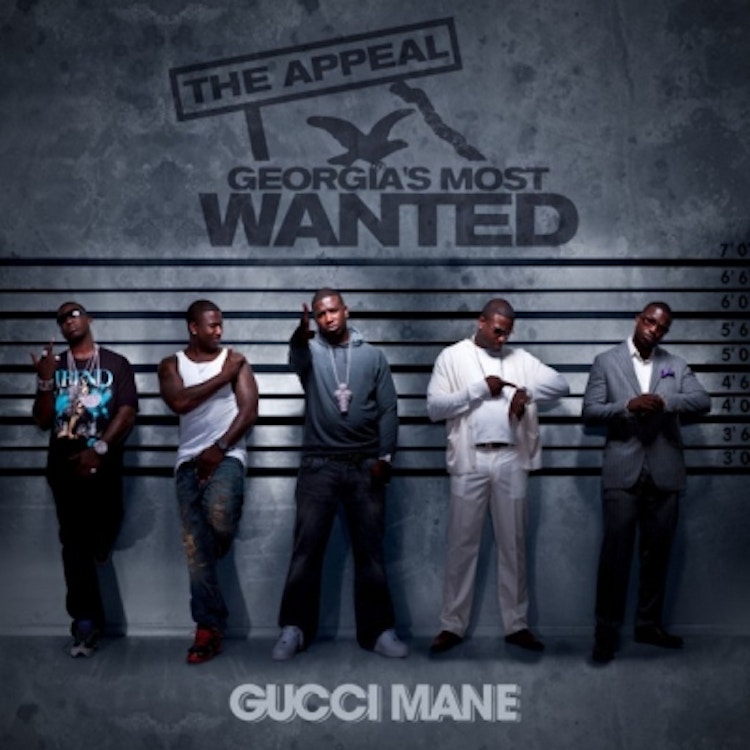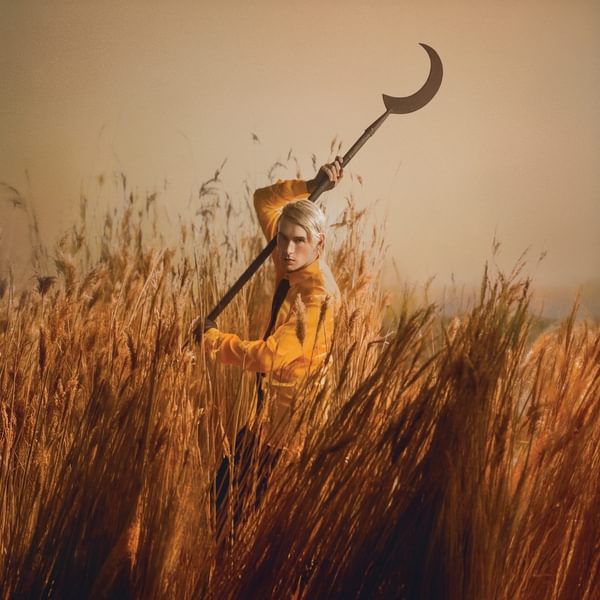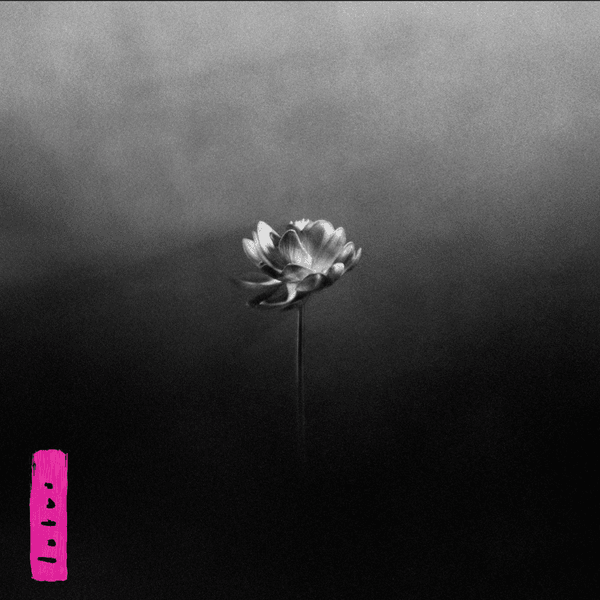Gucci Mane – The Appeal: Georgia’s Most Wanted
"The Appeal: Georgia's Most Wanted"

The State vs. Radric Davis, Gucci Mane’s 2009 studio album, the first since his meteoric mixtape rise, suffered from the cookie-cutter approach the major labels take to high profile rap releases and totally missed out on Gucci’s unique appeal. Gucci’s follow up, The Appeal – Georgia’s Most Wanted, is a big improvement. This time around Gucci is mostly given the kind of big drum and haunted house synth bangers that he has owned on mixtapes for the past few years. The obligatory curveballs thrown at him (“the club song,” “the for the ladies song”) are more successful in part because Gucci is actually on beats that make sense for his idiosyncratic flow and in part because Gucci is up to the challenge. Even if a few missteps keep The Appeal from living up to the best of Gucci’s mixtapes, it’s the best studio album he’s released.
Gucci is, simply put, the best rapper working today but as they did with Wayne before him, Gucci’s detractors, mostly hip-hop classicists, characterize him as a minstrel show character championed only by white hipsters and critics. To them, Gucci is a nearly mentally challenged impostor who represents everything wrong with hip-hop today. Wayne was vindicated by the overwhelming commercial success of Tha Carter III, even if it represented a creative low point. It’s amazing to think that any major record label could have pinned the same aspirations on Gucci. Wayne is certainly weirder than Gucci is, but he’s also infinitely more relatable to the casual listener. By the time Tha Carter III dropped, Wayne’s lyrics, even when nonsensical, were easy to decipher and he sang almost as often as he rapped. Gucci on the other hand, raps in a nearly impenetrable Georgia accent thickened by the dental work he had done after being viciously beaten in prison and, until recently, in a largely unchanging and dense flow consisting almost entirely of two syllable units. Not only does this style not lend itself to pop songs, it’s also the basis for a lot of the criticism directed at Gucci. If Gucci seems simple at first listen, it’s because of his metronomic flow and uncompromising devotion to sex, drugs and diamonds as his subject matter. That joyful misanthropy is one of the most enjoyable parts of rap, just as it is for the Sex Pistols or ‘Brown Sugar’ or Charles Bukowski or Pulp Fiction. And listen a little longer and you’ll see that Gucci paints himself into a corner and then uses it to his advantage by continuing to find new and exciting ways to talk about familiar subjects while packing a mind-boggling amount of word play into seemingly straightforward lines.
These skills are on full display throughout The Appeal with Gucci’s soul-mates, producers Zaytoven and Drumma Boy, providing the musical blueprint . After opening with Scarface quoting, Rick Ross style epic ‘Little Friend,’ Gucci gets right to what he does best. He kills three consecutive bangers, culminating in “What’s It Gonna Be,” on which Gucci shows off the double-time flow he unveiled on Mr. Zone 6 over a descending bass line and a creeping, minor key piano loop before the song explodes into a big, synths and theremin chorus. Elsewhere Gucci continues his project of blowing up trite phrases (‘Weirdo,’ ‘Party Animal,’ seemingly the more white and square the phrase the better) into conceits sturdy enough to hang a ton of clever lines on. Other highlights include ‘Making Love to the Money,’ where Gucci sings most believably about treating his money like his girlfriend. It’s probably the catchiest hook Gucci has ever sung himself and the best (Gucci enemy) Young Jeezy anthem that Jeezy never recorded.
Most of the songs here are stylistically indistinguishable from what you find on Gucci’s mixtapes and that’s a good thing. But The State vs. Radric Davis got off track when Gucci was asked to be more conventional. Hearing Gucci on a “for the ladies” song (or trying to take anything seriously for that matter) was laughable because Gucci has so expertly and convincingly built a persona of bemused nihilism and hedonism. There’s plenty of that misanthropy on The Appeal, but when Gucci is thrown tracks out of his comfort zone here, and these tracks make up about a third of the album, he actually produces some of the album’s best songs. To be sure, ‘Remember When,’ a club/loverman track featuring Ray J, and ‘Odog’ a serious statement track featuring the godawful Wyclef Jean, are the two worst songs here but it’s more because of Gucci’s collaborators than his verses. One high point is ‘Haterade,’ the best Neptunes production in recent memory, Gucci softens his voice and speeds up his flow so that he slinks right into the smooth, luxurious sounding track. He’s complimented by Nick Minaj, one of only three guest rappers on the album (the others are Swizz Beats and Bun B), who delivers an energetic, straightforward verse that uncharacteristically eschews her cartoonish voices while losing none of her personality. Then, on album closer ‘Grown Man,’ Gucci shows a new, surprisingly vulnerable side. The song, complete with a chorus from Estelle (“Now that I’m finally free… I’ll take my life in my hands because I’m a grown ass man”), is an earnest, overblown anthem like T.I. has been making since he was put on house arrest. It seems like a recipe for disaster, but Gucci drops his super-sized persona without sacrificing the realness. Instead of moralizing or offering up platitudes as wisdom, he delivers a heartfelt verse about regret (“I’m mad as hell/because my best friend probably gonna die in jail/Ain’t no lie to tell/I’m probably gonna cry like hell”) and responsibility (“But if I’m dead who is going to help my mother”) made all the stronger by the personal details from his life.
Even with these successes, it’s unlikely that any singles from The Appeal will break-out. As the expectation of Gucci’s being the next big thing fades into a kind of cult stardom, entries like this will be increasingly evaluated on their merits. He’ll never be a pop star, but Gucci Mane deserves to be heard and recognized outside of the internet echo chamber as the best rapper doing it.
Get the Best Fit take on the week in music direct to your inbox every Friday

Patrick Wolf
Crying The Neck







